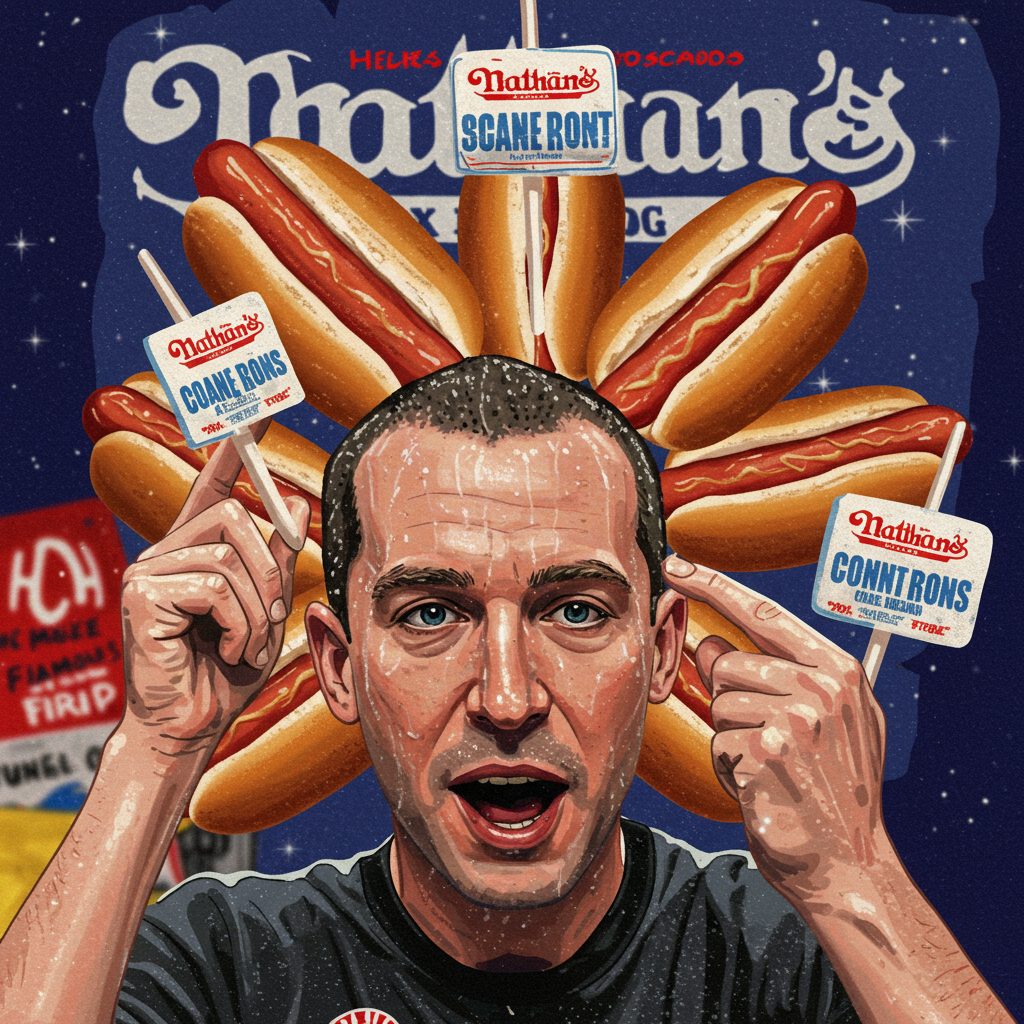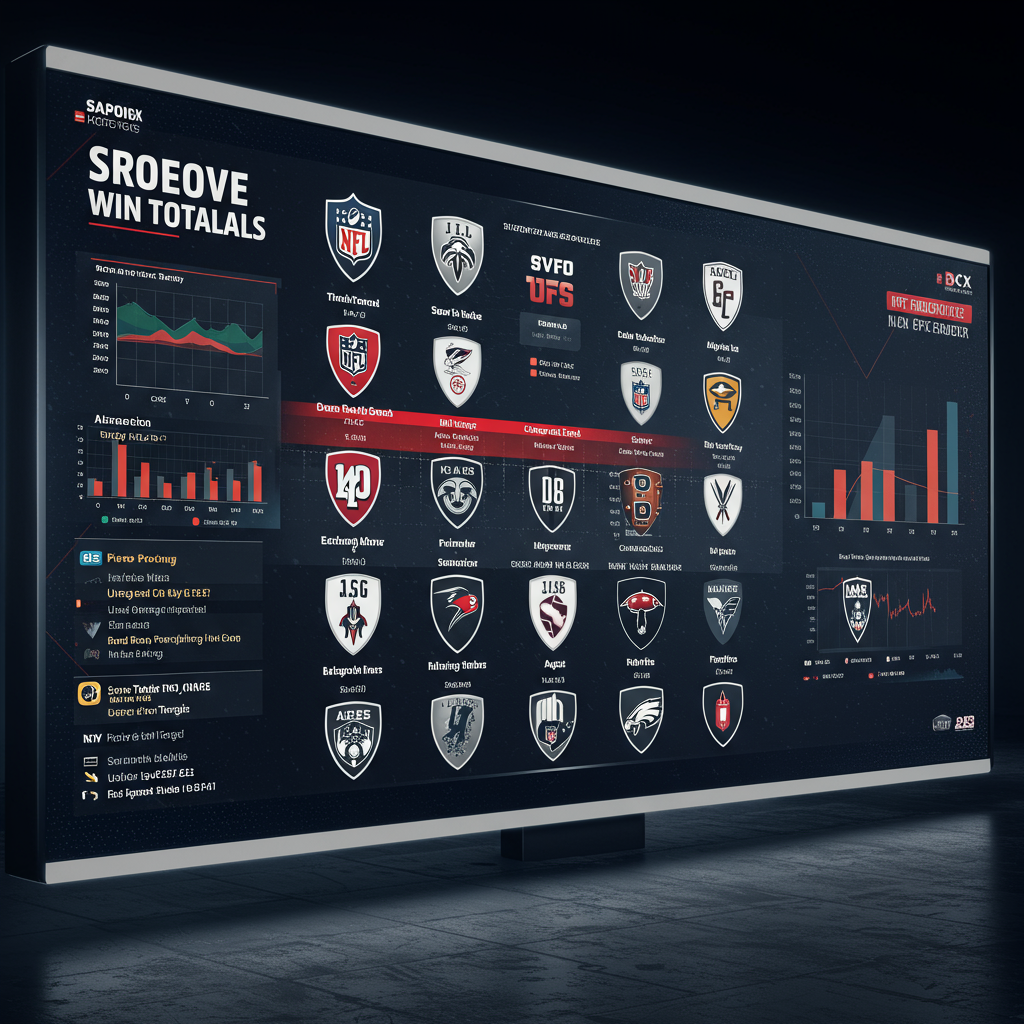The detroit pistons stand at a critical juncture as the 2025 NBA free agency period officially begins. Under the guidance of second-year president of basketball operations Trajan Langdon, the team is prioritizing continuity. their goal is to retain key free agents to build upon the existing roster core and maintain strategic “optionality” heading into the new league year.
Free agency formally tipped off Monday, June 30, at 6 p.m. ET. While deals can be agreed upon, they cannot become official until the league’s free agency moratorium concludes on July 6 at 12:01 p.m. The Pistons enter this period with five players slated for unrestricted free agency.
Key Free Agents Shaping the Pistons’ Offseason
Detroit faces significant decisions regarding several pending unrestricted free agents. These players include Malik Beasley, Dennis Schröder, Tim Hardaway Jr., Paul Reed, and Lindy Waters III. Managing these decisions effectively is crucial for the team’s immediate future and roster construction goals.
Financially, the Pistons are positioned to operate as an over-the-cap team. This status provides them with the flexibility to re-sign multiple of their own players. Importantly, they also possess significant room under the luxury tax threshold, avoiding punitive financial penalties. A major tool at their disposal is the non-taxpayer mid-level exception (MLE), valued at $14.1 million. This exception allows them to offer competitive contracts even above the cap, which is particularly relevant for certain free agents.
Malik Beasley: Value, Uncertainty, and Investigation
Malik Beasley, 28, represents arguably the most impactful and simultaneously the trickiest of the Pistons’ key free agents. His value to Detroit is undeniable, primarily due to his elite three-point shooting. Last season, Beasley finished second in the entire NBA with 319 made three-pointers. This firepower is precisely what the Pistons roster desperately needs. Columnist Shawn Windsor has argued strongly that Beasley should be the team’s top priority in free agency because of this shooting ability.
However, Beasley’s free agency is complicated by recent developments. Sources indicate that serious talks for a new three-year, $42 million contract to bring Beasley back to Detroit have been paused. This pause stems from allegations of gambling related to NBA games and prop bets during the 2023-24 season when he played for the Milwaukee Bucks. While an investigation is underway, Beasley’s attorney, Steve Haney, has stated that an investigation is not a charge and that Malik is presumed innocent, as is anyone under the U.S. Constitution. The NBA has publicly confirmed its cooperation with federal prosecutors regarding the investigation. Despite this cloud of uncertainty, the Pistons recognize Beasley’s on-court contributions. Financially, re-signing him presents a challenge because the Pistons do not hold his Bird rights after his one-year, $6 million contract expired. To offer him a significant raise above the $7.2 million maximum allowed by non-Bird rights, Detroit would need to utilize their $14.1 million non-taxpayer mid-level exception.
Dennis Schröder: A Competitive Market for the Point Guard
Dennis Schröder, who will turn 32 before the start of next season, is another high-profile free agent the Pistons are keen on. The team had acquired Schröder at the trade deadline with an eye toward retaining him long-term. The Pistons find themselves in a strong financial position relative to many other teams pursuing the veteran point guard. Detroit can offer Schröder a starting salary of up to $22.8 million, a figure only the Brooklyn Nets, currently the lone team with significant cap space, can potentially exceed ($14.1 million being the standard MLE maximum for most other teams).
Despite this financial advantage, reports suggest a challenging market for Detroit. Marc Stein of The Stein Line has indicated that numerous teams operate under the belief that the Sacramento Kings have the best chance to sign Schröder. The Kings notably lack a starting point guard, a role they could potentially offer Schröder. In contrast, the Pistons might not be able to guarantee Schröder more than 25 minutes per game, potentially impacting his decision to seek a larger role elsewhere. The Dallas Mavericks also need a point guard with Kyrie Irving recovering from an ACL injury, but they are seen as favoring a reunion with D’Angelo Russell. Schröder’s journeyman status, having played for nine teams in 11 seasons, adds another layer to his market dynamics, though he did show positive moments with Detroit last season, including averaging 12.5 points on 49.1% shooting in playoff action.
Tim Hardaway Jr. and Other Free Agents
Tim Hardaway Jr., at 33, is generally perceived as the least expensive option among the Pistons’ more prominent free agents (Beasley, Schröder, Hardaway). While he started all 83 games he appeared in for Detroit last season, his role is expected to diminish. This is partly due to the anticipated return of Jaden Ivey from injury, which will command backcourt minutes. However, Hardaway still provides valuable shooting, a consistent need for the Pistons roster.
Paul Reed and Lindy Waters III round out the Pistons’ group of five unrestricted free agents. Decisions on these players will likely hinge on available roster spots and their specific fit within the team’s desired composition and budget after addressing the situations with Beasley, Schröder, and Hardaway.
Potential Targets and Missed Opportunities
Beyond their internal free agents, the Pistons are also exploring external options to bolster their roster. Zach Lowe of The Ringer characterized the Pistons as a “sneaky team to watch” during free agency. He highlighted Detroit’s non-taxpayer mid-level exception ($14.1 million) as a significant resource. Additionally, the available playing time on the Pistons’ roster makes them an attractive destination for free agents seeking minutes.
Nickeil Alexander-Walker is one name that has surfaced as a potential target for Detroit. The veteran guard, recently with the Minnesota Timberwolves, has been linked to both the Pistons and the LA Clippers as possible suitors. Alexander-Walker is known for his defensive intensity, similar to Schröder, and demonstrated improved shooting last season, hitting 38.1% from three while playing all 82 regular-season games for the second consecutive year. He makes sense as an alternative if the Pistons are unable to secure an agreement with Dennis Schröder.
One player frequently mentioned by fans and experts as a good fit for the Pistons was shooting big man Naz Reid. His ability to space the floor (38.9% from three last season) would have addressed a roster need. However, Reid is now off the market. On Friday night, he reportedly agreed to a five-year, $125 million contract to return to the Minnesota Timberwolves, including a player option. This move removes a popular potential target from the available pool for Detroit.
Roster Flexibility and Future Outlook
The Pistons’ 2025 free agency decisions also intertwine with future considerations and roster mechanics. Potential contract extension negotiations for current young core pieces like Jaden Ivey and Jalen Duren are on the horizon. These discussions will impact the long-term financial picture and roster stability.
One potential roster scenario outlined is that if the Pistons successfully re-sign their perceived “key trio” of free agents (likely some combination of Beasley, Schröder, Hardaway) and sign their second-round draft pick, Chaz Lanier, to a standard contract, they would likely have one roster spot remaining. A less probable, but financially intriguing, scenario involves the team renouncing the rights to all their pending free agents. This drastic move could create approximately $16.9 million in available cap space, potentially allowing them to pursue a floor-spacing big man or another key position on the open market. However, this would mean losing valuable players without compensation and foregoing the continuity Langdon has emphasized.
The landscape of the NBA is also shifting with significant moves happening across the league as free agency approaches. While the Pistons navigate their specific needs, other teams are making splashy signings, executing major trades like the recent Kevin Durant deal to Houston, and managing their own cap situations under the new CBA rules. This broader activity influences player valuations and team strategies, adding another layer of complexity to Detroit’s own free agency pursuit. The outcome of these critical decisions will significantly shape the Pistons’ roster as they look to take the next step.
Frequently Asked Questions
What is the latest update on Malik Beasley’s free agency with the Pistons?
Malik Beasley’s free agency with the Detroit Pistons is currently in limbo. Serious contract talks for a new three-year deal have been paused. This pause is due to allegations of gambling related to NBA games during his previous season, which are now under federal investigation. While Beasley’s attorney states he has not been charged, the uncertainty has complicated negotiations. The Pistons view Beasley as a priority for his much-needed shooting but would need to use their $14.1 million mid-level exception to offer him a substantial raise due to not holding his Bird rights.
Where is Dennis Schröder most likely to sign, and can the Pistons keep him?
Dennis Schröder’s future appears uncertain, with strong competition for his services. While the Detroit Pistons can offer him a substantial starting salary ($22.8 million maximum), reports suggest the Sacramento Kings are viewed by many teams as the leading suitors. The Kings lack a starting point guard and could offer Schröder a more prominent role than the Pistons might be able to guarantee, potentially limiting his minutes. The Mavericks are also interested in a point guard but reportedly favor D’Angelo Russell. The Pistons are financially competitive but may lose out due to a potential minutes crunch compared to Sacramento.
How does the Pistons’ cap situation impact their free agency strategy?
The Detroit Pistons are operating as an over-the-cap team, which is strategic. This status allows them to use exceptions like the $14.1 million non-taxpayer mid-level exception to re-sign players like Malik Beasley or pursue external targets. Operating over the cap also enables them to exceed the cap to re-sign their own players (using Bird rights or other mechanisms if applicable), which is essential for retaining players like Dennis Schröder (though Bird rights don’t apply here). Being comfortably under the luxury tax also gives them more financial room than many competitors. Renouncing all free agents to create significant cap space ($16.9 million) is a less likely, alternative strategy but one that would cost them continuity.
Word Count Check: 1199



